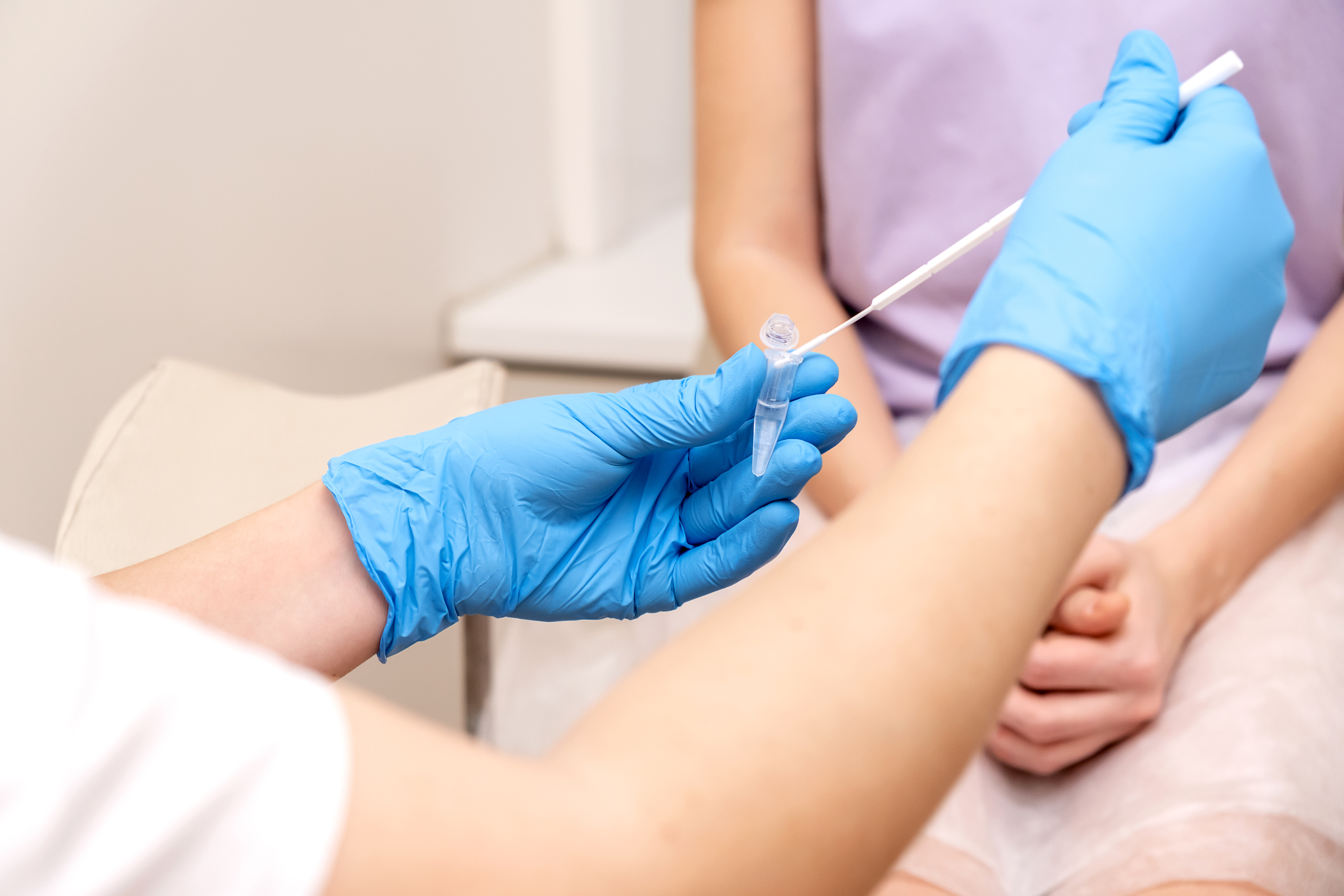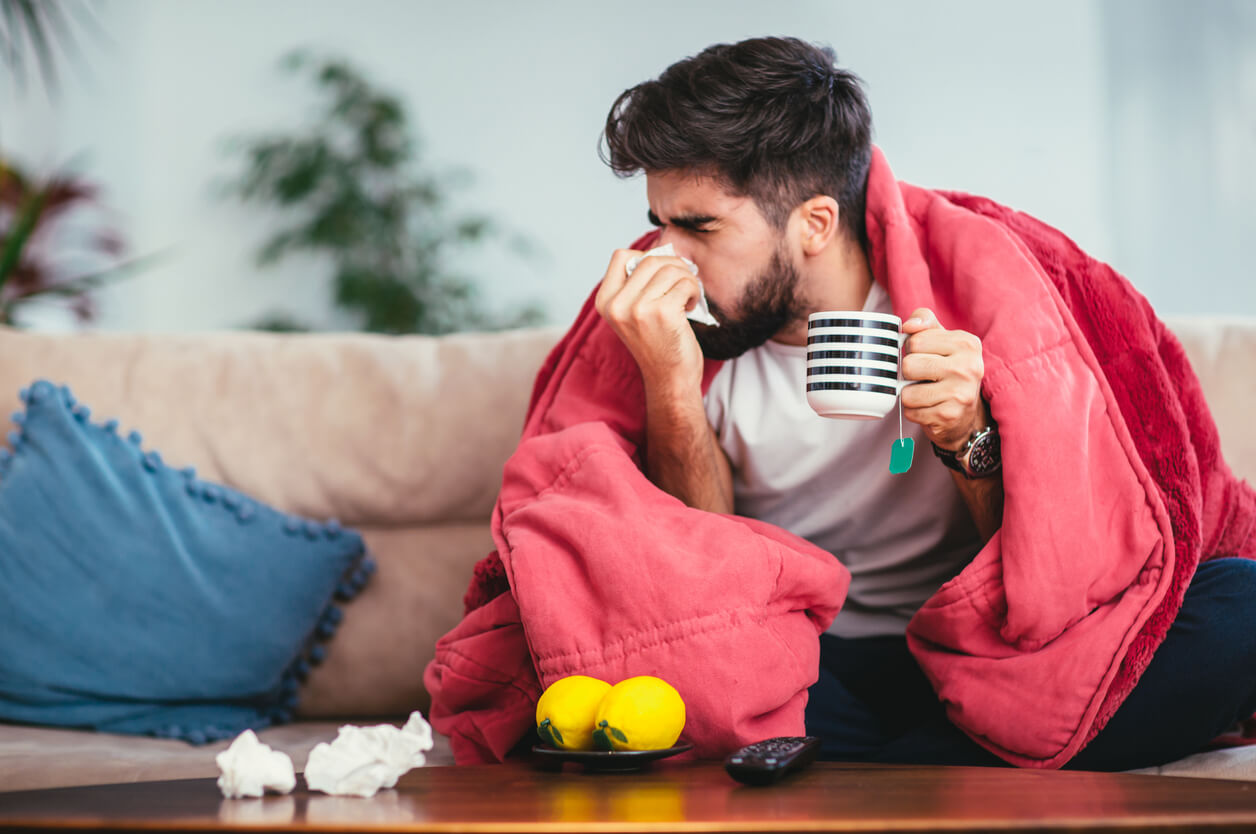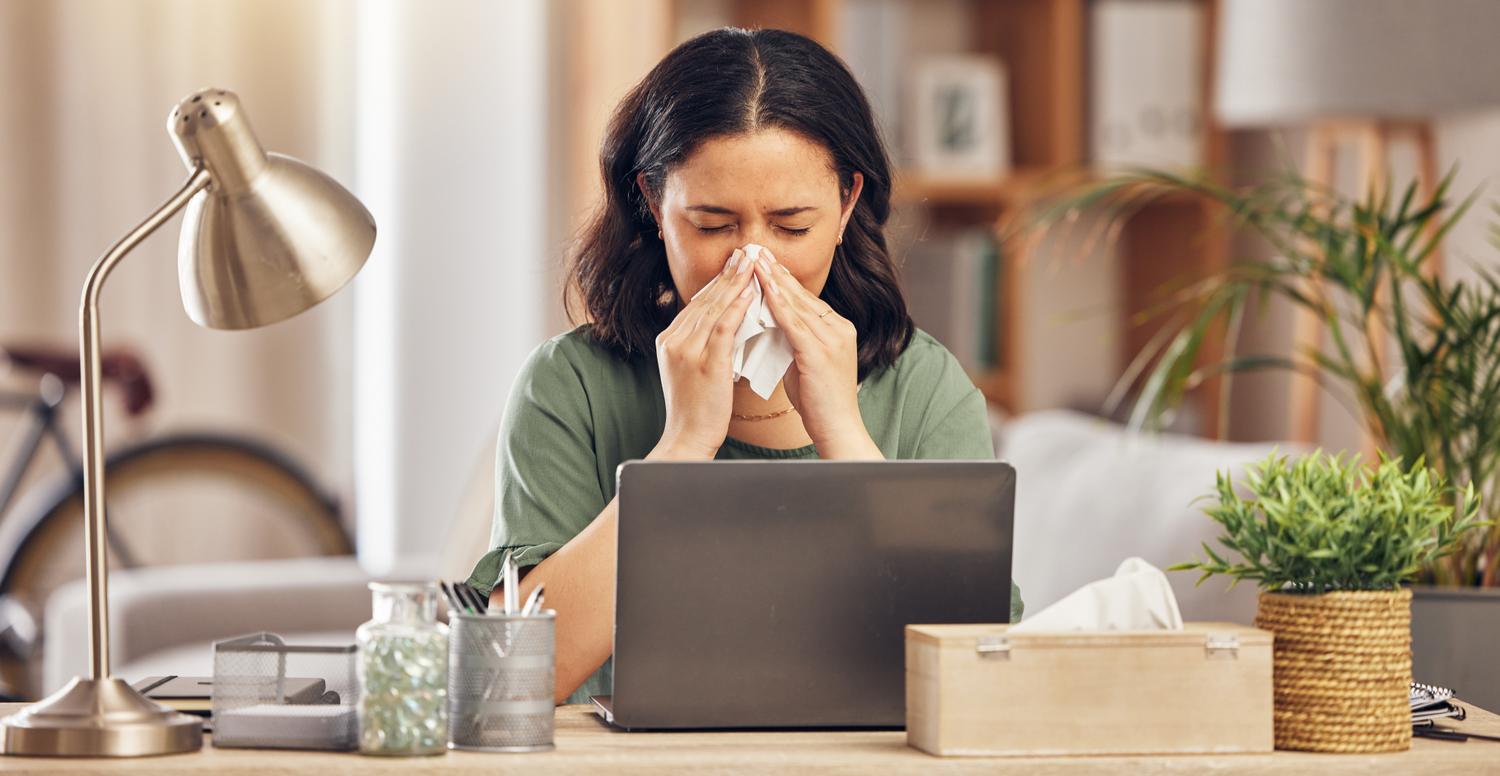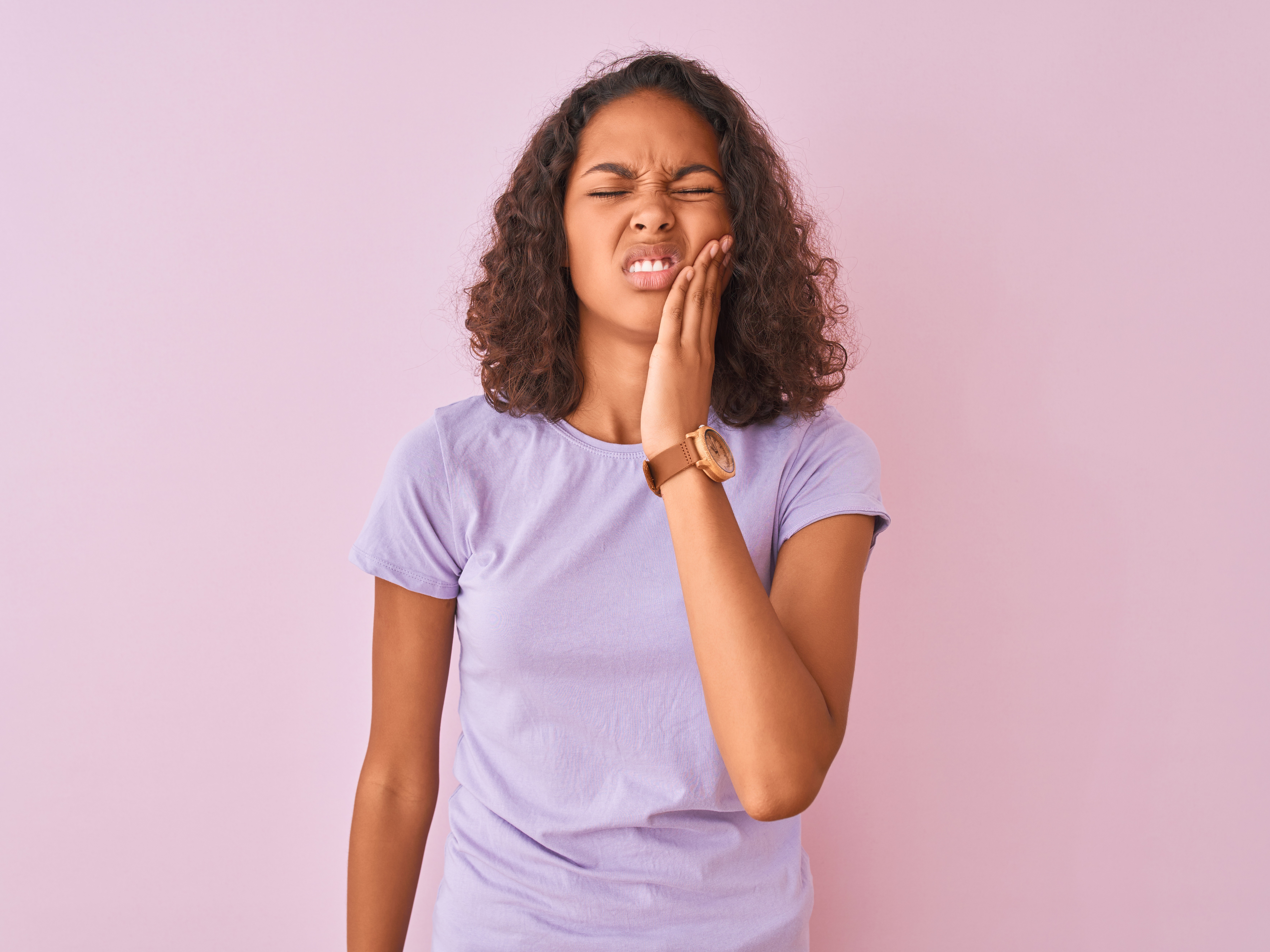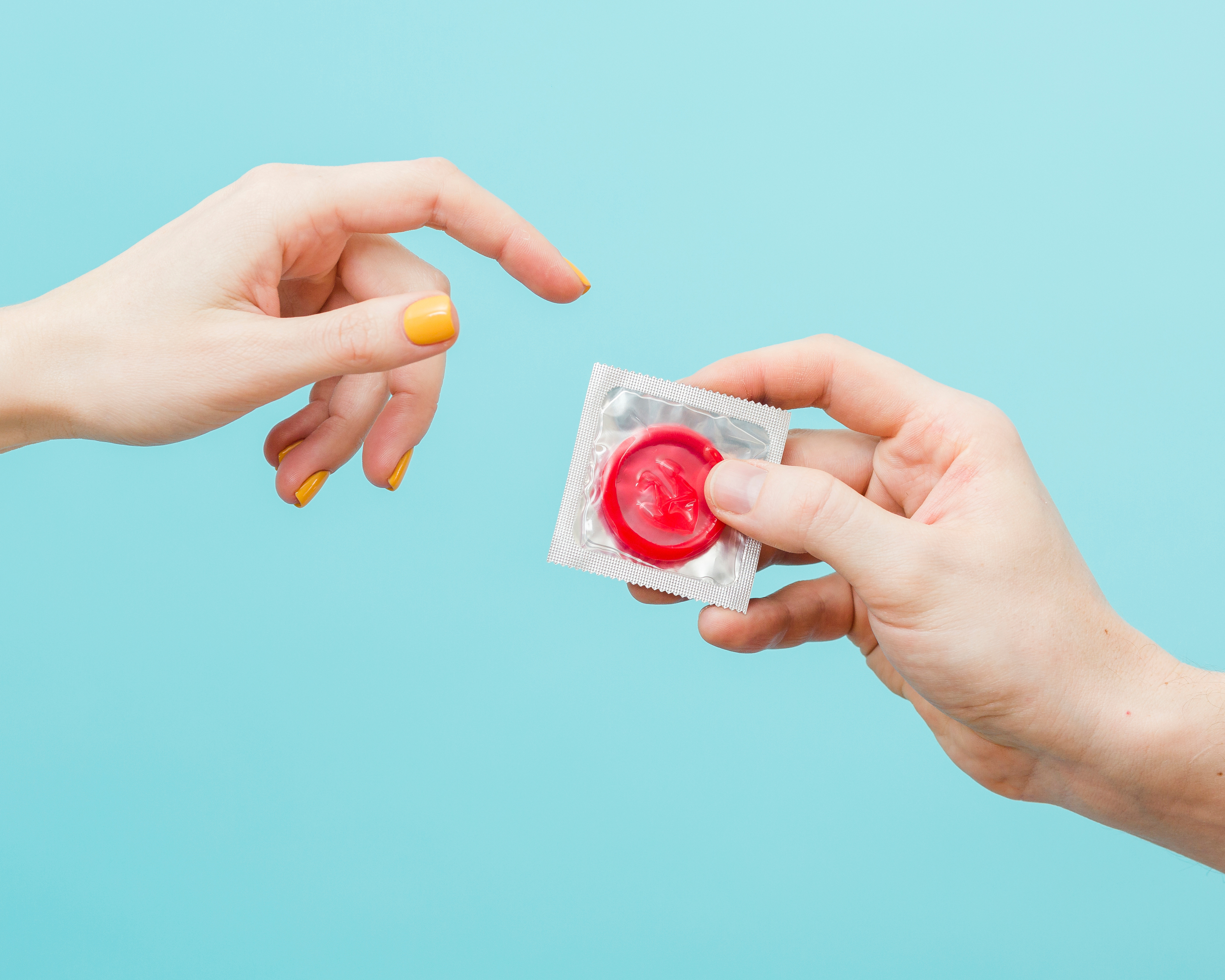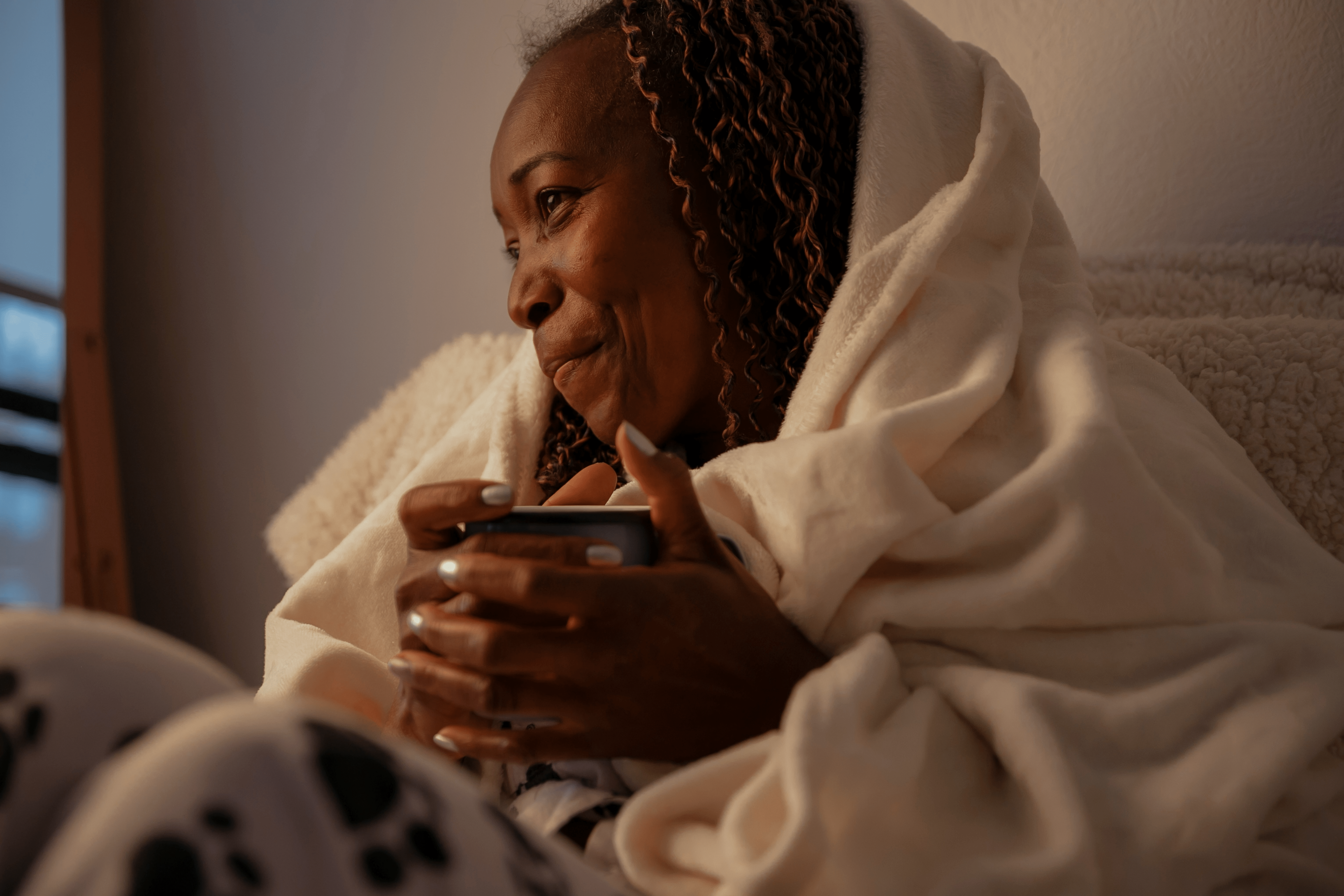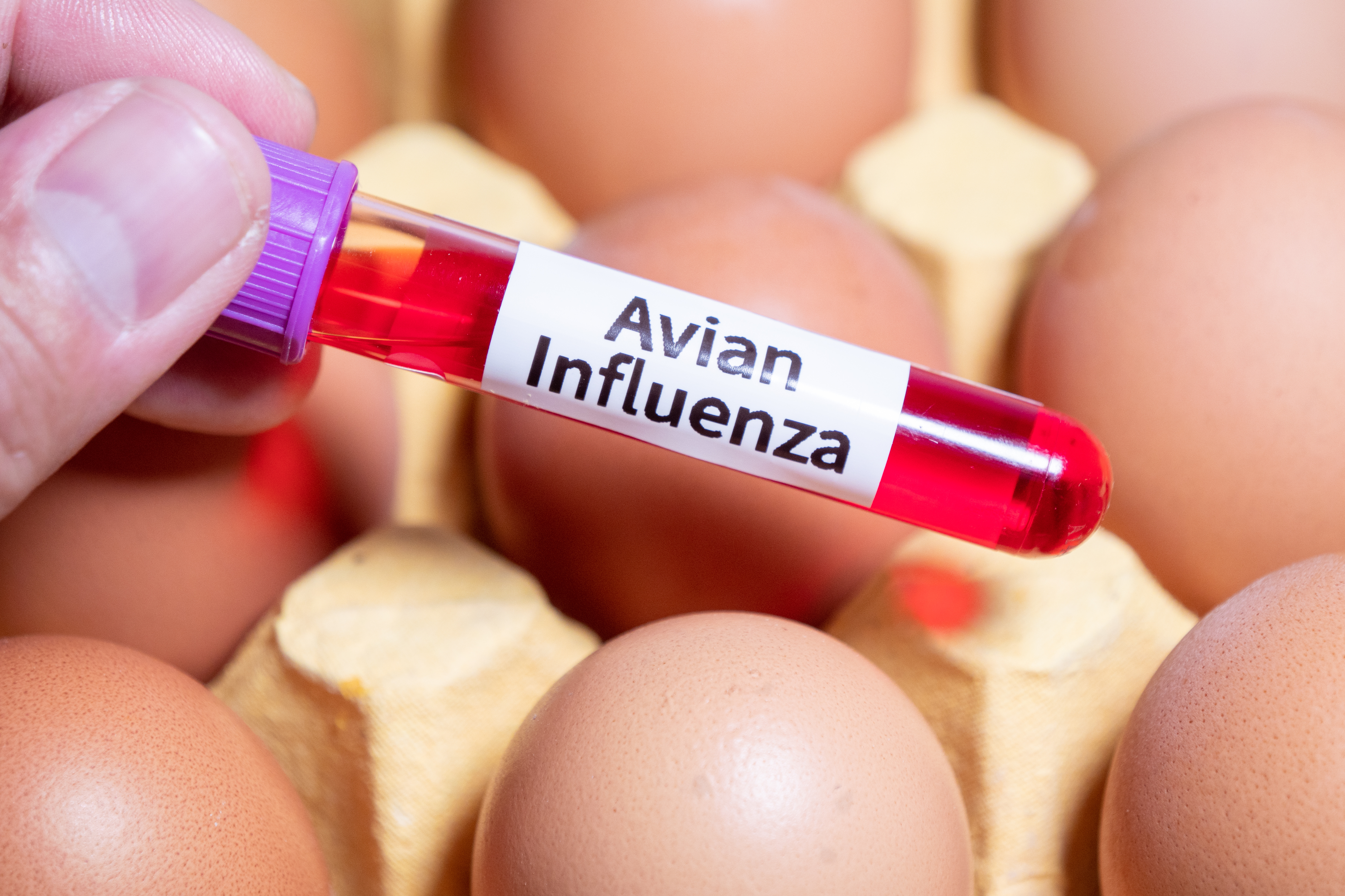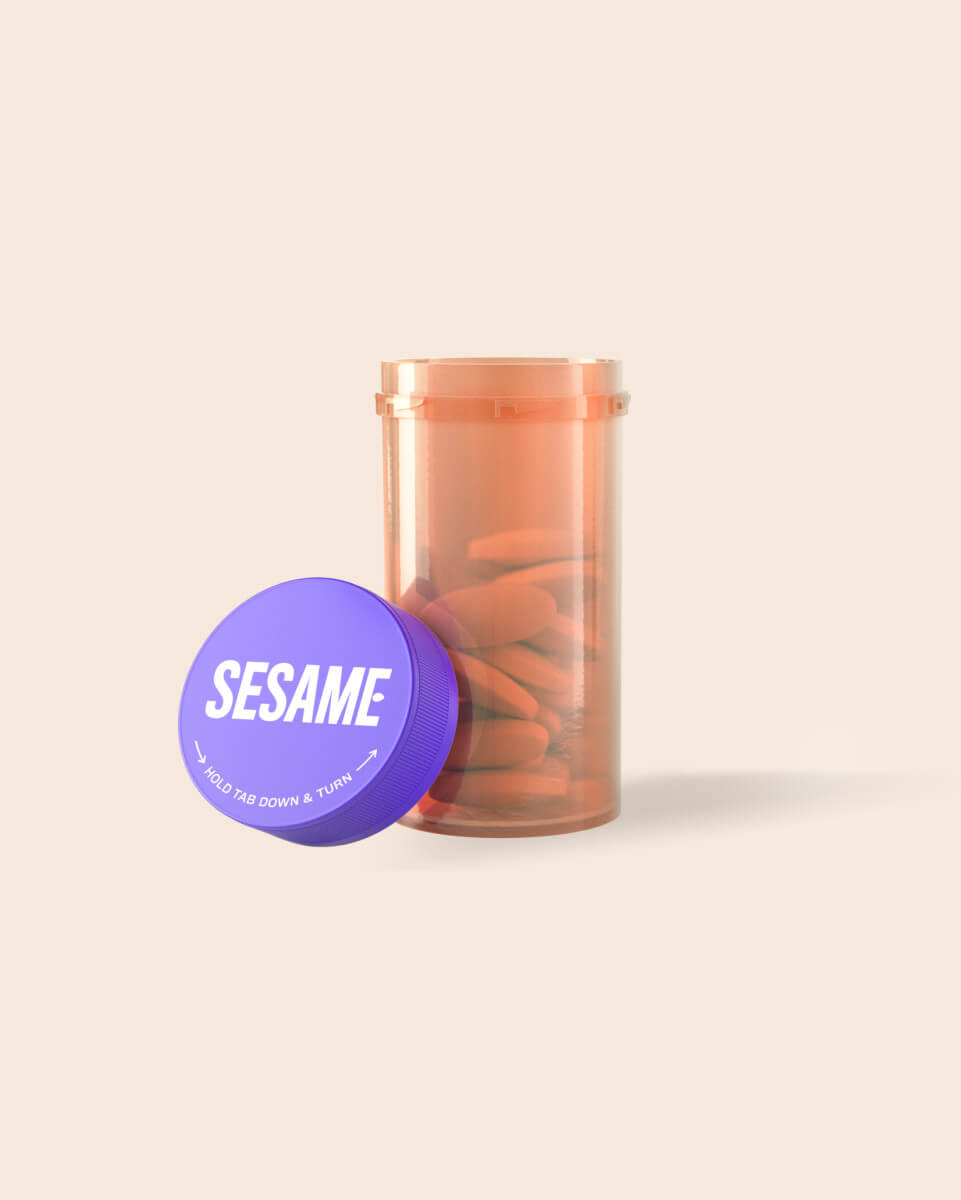6 Ways to Get Rid of Cold Sores Fast: Medication and Home Remedies
Key Takeaways:
- Prescription antiviral drugs like acyclovir, valacyclovir, famciclovir, and penciclovir are the fastest and most effective way to get rid of a cold sore
- While cold sores cannot be killed instantly, over-the-counter medicine and home remedies can speed up the healing process
- Moisturize your lips regularly to prevent dryness and cracking, which can increase your risk of a cold sore outbreak
Understanding your best treatment options for a cold sore outbreak
Cold sores—also known as oral herpes or fever blisters—are small, fluid-filled blisters that appear on or around the lips. They are caused by the herpes simplex virus type 1 (HSV-1), which spreads through skin-to-skin contact or saliva exposure. A cold sore will go away on its own within one to two weeks, but these outbreaks can be very painful. Because of this, most people look for treatment options that can help them get rid of these uncomfortable sores fast.
Unfortunately, once you have this viral infection, you carry it for life. The virus will stay dormant for weeks or months and only reappear during an outbreak or flare-up. Although cold sores cannot be cured, several treatment options are available to reduce your symptoms and speed up the healing process.
6 ways to get rid of cold sores fast
While nothing can cure a cold sore instantly, prescription antiviral and OTC medication can help reduce pain caused by cold sores and speed up their healing process by a day.
Medicated treatment for cold sores
1) Prescription antiviral drugs
Prescription antiviral medication helps get rid of cold sores about one day sooner. These drugs treat the underlying cause of cold sores (the Herpes simplex virus). They prevent the virus from replicating and spreading, which makes outbreaks worse. Antiviral cold sore treatment is most effective when taken within 24-48 hours of your first symptoms.
Because antiviral treatment works best when applied right away, an online doctor appointment helps you get a prescription within the same day your symptoms appear. They can prescribe medication to pick up at your local pharmacy, usually within a few hours of your appointment.
These drugs may be prescribed as an oral medication or topical cream applied directly to the sores. FDA-approved antiviral cold sore medication includes:
- Acyclovir (generic for Zovirax)
- Valacyclovir (generic for Valtrex)
- Famciclovir (generic for Famvir)
- Penciclovir (generic for Denavir)
Again, antiviral medication works best if you start treatment at the first sign of a cold sore outbreak. Talk to a provider online to get started with treatment right away.
2) Over-the-counter topical medications
Over-the-counter (OTC) treatment options can help reduce painful cold sore symptoms. Studies show that docosanol, specifically, works about as well as prescription medication. But, where some prescription medication can cost over $100 without insurance, you can buy docosanol at your local drugstore for about $10.
Common OTC topical treatment options include:
Docosanol (generic for Abreva): Docosanol is an antiviral medication that helps heal herpes sores faster. It is available as a lip balm or medicated gel. Take docosanol as soon as you begin to notice symptoms. It will heal lesions within 2-4 days.
Lidocaine and benzocaine (generic for Orajel): Lidocaine and benzocaine are OTC pain relievers that help soothe pain caused by cold sore lesions. They are available as lip balm or medicated liquids that can be applied to sores with an applicator. You will instantly experience pain relief, although the sore may take a week or two to heal completely.
Follow the packaging’s instructions when applying topical medication. Avoid touching the sore directly. Do not use more than the recommended amount of OTC medication, as this may cause side effects.
3) Over-the-counter pain relievers
While OTC pain relievers will not speed up recovery time, they can help reduce the pain and discomfort caused by cold sores. These drugs start to work within 30 minutes of being applied.
Common OTC pain relievers include:
- Acetaminophen (generic Tylenol)
- Ibuprofen (generic Advil)
If you are taking a prescription antiviral medication, talk to a healthcare provider about whether or not it is safe to supplement that treatment with OTC pain medication.
You should seek medical advice from a healthcare provider before using OTC medication to treat cold sores. Speaking to a healthcare provider can help you learn more about potential side effects and any precautions to take.
Home remedies for cold sores
Clinical studies have shown that medication, especially prescription antivirals, is effective. While home remedies have not, some small studies show that they may help reduce pain symptoms and encourage faster healing.
4) Cold compress
Apply a cold compress or ice to the affected area to numb the painful burning sensation. This remedy can also reduce some of the redness and inflammation caused by sores. Wrap the ice in a clean, damp rag and hold it to the sore for 10 minutes. Do this 3 times a day. Do not use cold compresses for longer than 15 minutes, which can cause skin irritation. Do not apply ice directly to the skin, as this can irritate it. Cold compresses will soothe cold sore pain immediately and numb the area. However, this effect will wear off.
5) Propolis
Propolis is a resin-like substance made by honey bees from the buds of poplar or cone-bearing trees. This extract has antiviral properties that can reduce symptoms and help a cold sore heal. Propolis is available in creams, ointments, and gels. Studies show that propolis can heal sores in 8 days, while acyclovir can take up to 9 days to heal a sore fully. However, some people have found that propolis irritates their skin further. If you begin to notice any side effects of propolis use, stop applying it and speak to a healthcare provider.
6) Lemon balm
Lemon balm is an herb in the mint family. Its essential oils contain antioxidants that may combat the herpes virus. Applying lemon balm gel or essential oil to an outbreak can help soothe symptoms and encourage healing. However, more research is needed to fully determine how effective lemon balm is as a cold sore treatment.
Cold sore prevention
Once infected with the herpes simplex 1 virus (HSV-1), you will carry it for the rest of your life. While the underlying cause of cold sores cannot be cured, you can use preventative measures to help reduce the risk of an outbreak.
To help prevent and manage outbreaks, doctors often recommend the following:
Moisturize: You are more likely to get cold sores if your lips are dry. Dry and chapped lips can become irritated, triggering a cold sore outbreak. To prevent this, use lip balms and lip creams to keep lips moisturized. This will also prevent scabs from cracking and spreading the outbreak.
Protect your lips: The sun can dry out your lips, increasing the risk that they become cracked and irritated. Use zinc oxide cream or a sunscreen lip balm with SPF to protect your lips from the sun. This will prevent drying and cracking, which are common triggers of cold sore outbreaks.
Take lysine supplements: Oral lysine supplements or topical lysine creams have been shown to prevent outbreaks and speed up their healing time.
Avoid oral sex: This is especially important during active outbreaks. Kissing and skin contact are among the most common forms of HSV-1 transmission. Additionally, engaging in oral sex or kissing with an existing outbreak can irritate the affected area. If you are currently experiencing a blister, wait until the sore has gone away before you kiss or engage in oral sex.
Avoid sharing: The HSV-1 virus spreads through contact and saliva exposure. Avoid sharing lip balms, toothbrushes, and other products that may come into contact with sores. If you experience an outbreak, disinfect or replace these items after your symptoms subside.
De-stress: Stress can affect your immune system, triggering a flare-up of cold sore symptoms. Try deep breathing exercises and meditation to help manage your stress. This can help reduce your risk of triggering an outbreak while also positively impacting your overall wellness.
How Sesame can help
At Sesame, you can get cold sore help fast with same-day online cold sore treatment. These convenient and affordable appointments will connect you to a provider right away to discuss treatment options and ways to soothe an outbreak.

